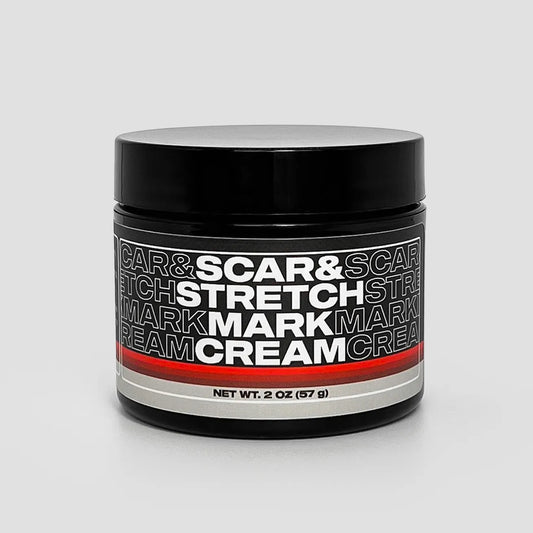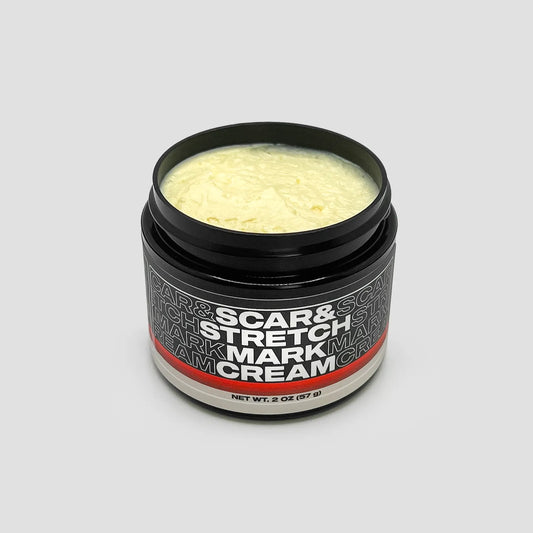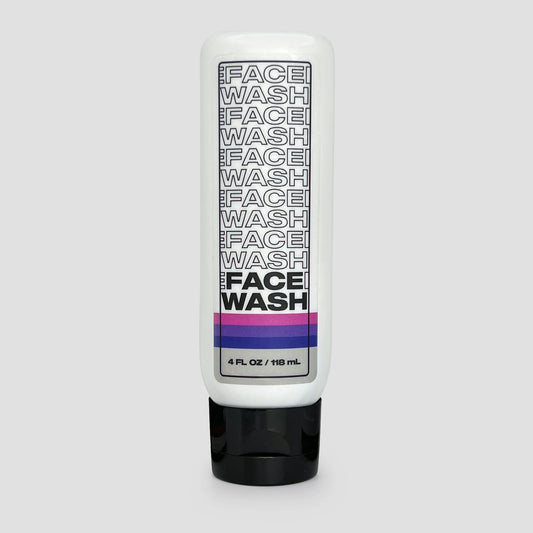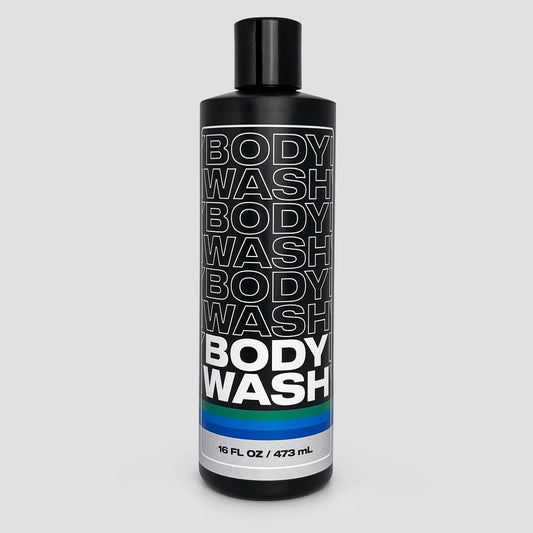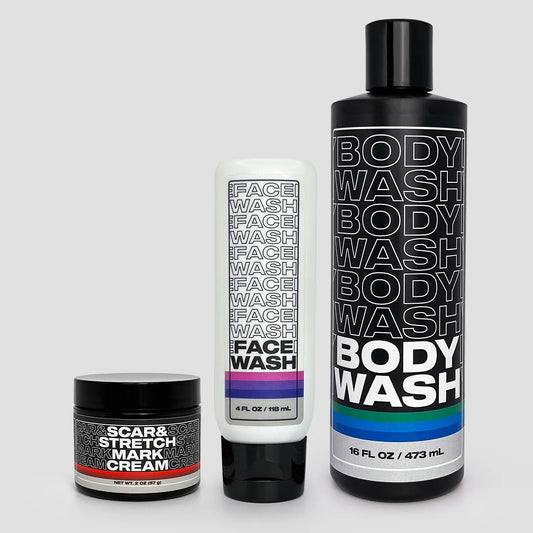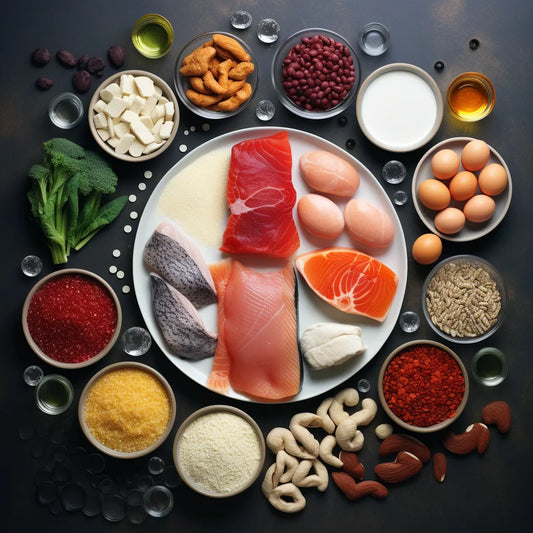

We are what we eat. This phrase has never been more accurate, especially when it comes to athletic performance and muscle building. Today, we're shining a light on two critical players in the arena of nutritional supplements for men: isolate and milk protein.
With the myriad of information and marketing gimmicks in the health and fitness industry, it's all too easy to be confused about what's best for you. What's the truth behind these protein types, and which one will take you a step closer to your fitness goals? Let's break it down.
We're not just talking about a vanishing act for your stretch marks and scars or a way to keep acne at bay. We're discussing the cornerstone of building a healthier, fitter you. We're talking about proteins.
In this blog, we will delve deeper into the realm of proteins, specifically isolate protein and milk protein, their applications, benefits, and how they can contribute to your athletic journey.
What exactly are Isolate and Milk Protein?
The magical world of proteins is vast and diverse. Among them, Isolate and Milk proteins hold a special place, especially when it comes to people involved in strenuous physical activities and workouts. Isolate protein, specifically referring to whey isolate, is typically processed to remove most of the fat and lactose. It's known for its rapid absorption rates, making it a popular post-workout option. On the other hand, Milk protein, which contains both casein and whey, releases amino acids slowly and steadily and is typically used as a meal replacement or taken before bed.
Should I chose isolate or milk protein?
Both Isolate and Milk protein have their benefits. If you're someone looking for quick muscle recovery post-workout, Isolate protein could be your way to go due to its fast absorption. But if you're seeking sustained muscle protein synthesis throughout the day or night, Milk protein with its slow release could prove more beneficial. Your choice should align with your specific needs, workout regime, and personal preferences.
A deeper understanding: The process of choosing
Knowing about proteins is one part of the story, understanding how to choose the right one is another. Here, we’ll walk you through the process of picking the protein that suits you, based on your body type, goals, and even flavor preferences.
1. Understand Your Goals
Your ultimate fitness goal plays a crucial role in this decision. If your regime includes intense workouts and you aim for muscle gain, a whey isolate protein would probably serve you best with its rapid absorption. For prolonged, slow-release nutrition, or if you're looking to sustain muscle during a caloric deficit, a milk protein blend could be the answer.
2. Know Your Dietary Restrictions
If you're lactose intolerant or keeping an eye on your calorie count, a lean, lactose-free isolate protein might be ideal. Milk proteins can be higher in calories and contain lactose, which might not suit everyone.
3. Factor In Your Schedule
Believe it or not, your protein intake schedule also matters! Whey isolate is perfect for that quick post-workout recovery drink. But for night times or as a meal supplement, a milk protein blend—with its slow digesting casein—might be more effective.
Which protein is more beneficial for skin?
Interestingly, both types of proteins may offer some benefits when it comes to skin health. Proteins are essential for skin repair and rejuvenation. There's no definitive research pointing to one being superior to the other for skin health; however, given milk proteins naturally include a broader range of nutrients due to their composite structure, they might have a slight edge.
Does isolate or milk protein pack a higher nutritiontal punch?
At the end of the day, both isolate protein and milk protein are excellent sources of high-quality protein that can assist with your fitness goals, from muscle building to recovery. The one that's 'best' is dependent on your individual needs, goals, and lifestyle factors. Your choice between them should be based on a thorough understanding of their nutritional profile, absorption rate, and your fitness goals.
The Isolate vs Milk Protein Showdown: A Summary
There are no absolute winners in this head-to-head protein showdown. Both isolate and milk protein offer unique benefits. Isolate protein is like the sprinter, ready to deliver the protein punch quickly while milk protein is the marathon runner, ensuring a steady delivery of nutrients over time.
- Isolate Protein: Quick absorption, perfect for post-workout recovery.
- Milk Protein: Slow and steady, ideal for sustained nutrition.
Knowing these features, take a look at your fitness goals, body's needs, and schedule, to decide for yourself. And remember, the journey to fitness is not a sprint, but a marathon. Take your steps wisely, listen to your body, and pick the protein that aligns with your goals, and eventually, success will follow.
